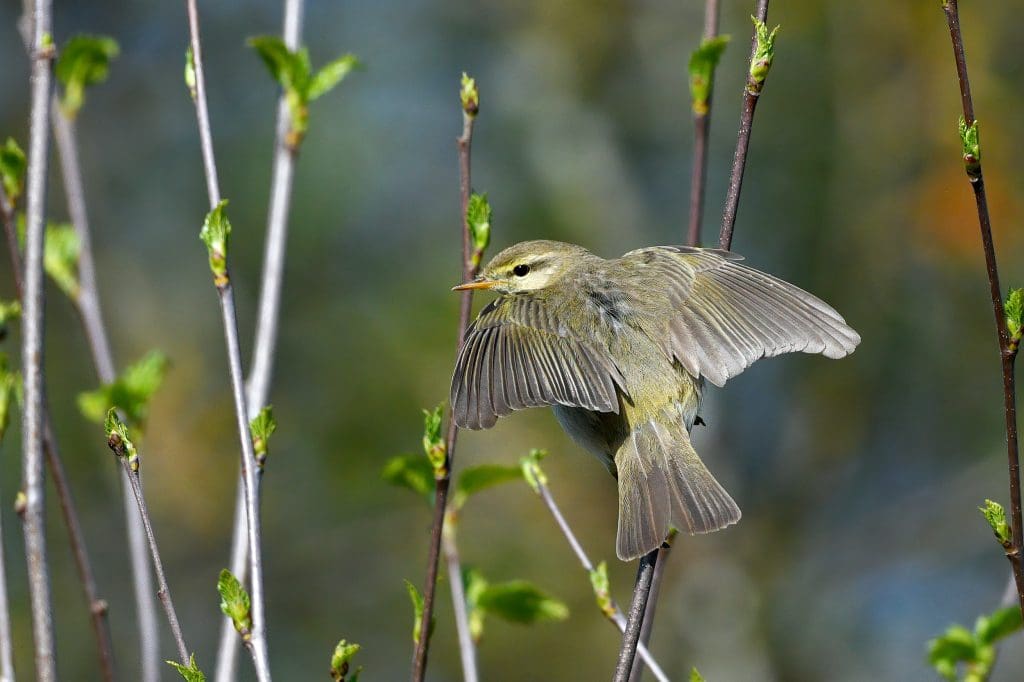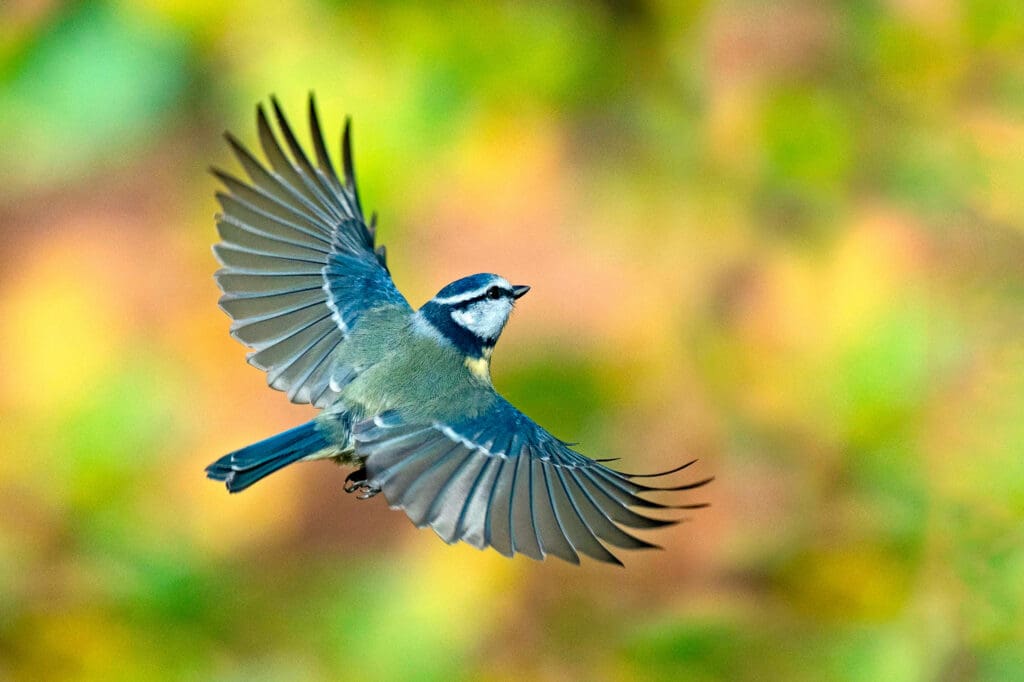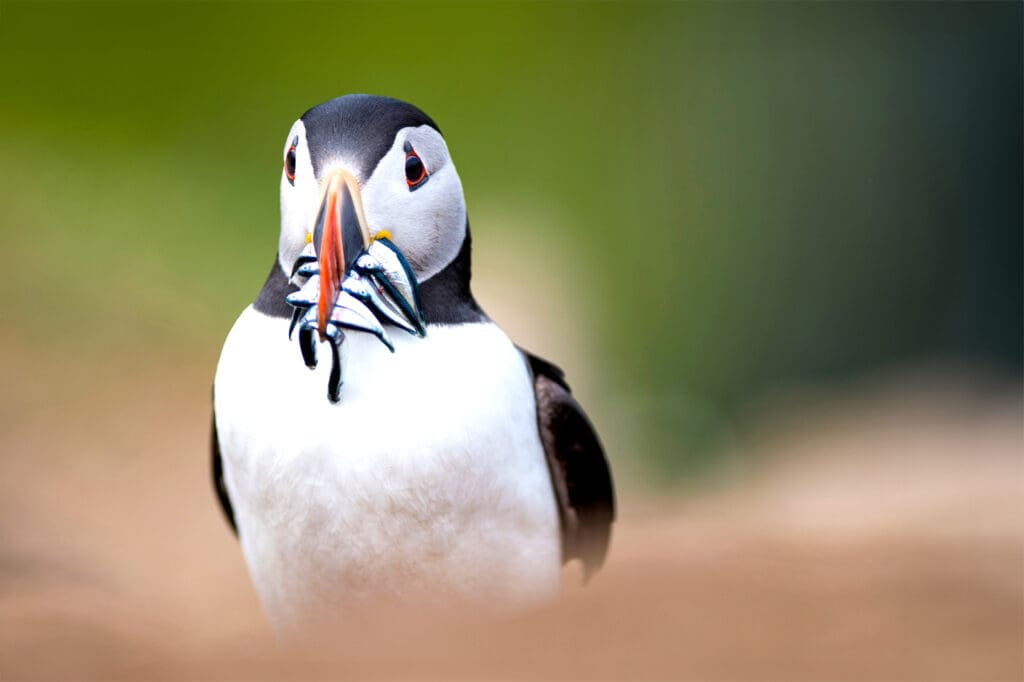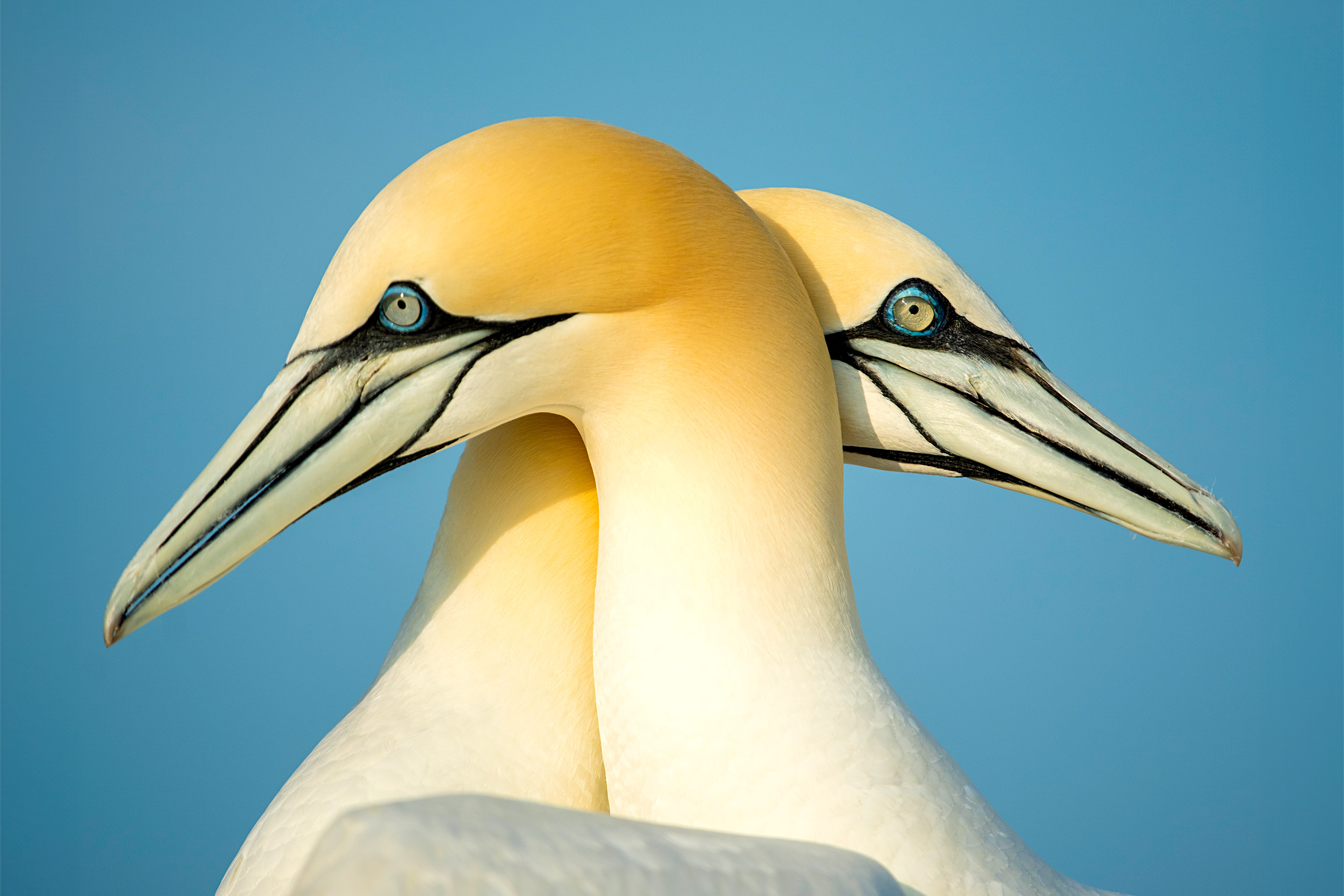You know all about them, of course. Over many decades, they have been the forces of destruction: they have a million faces and no face at all. They are responsible for pouring uncountable gallons of raw sewage into our rivers. They are creating havoc with the world’s climate. They are concreting over nature as fast as they can mix the stuff. Just look what they’ve done now!
Julian Barnes wrote about them in his novel Metroland. His schoolboy narrator defines them as “the unidentified legislators, moralists, social luminaries and parents of outer suburbia”. He is appalled even by the street lighting they have established, because it turns the whole world orange.
Barnes – no relation, alas – was writing about the terrible feeling of powerlessness that sometimes overcomes us. That feeling is all the more terrible when it’s to do with something we love: something like nature. There are times when, as we learn about one more act of gross destruction, we feel as helpless as schoolchildren.
There are two things to think about here. The first is to remember that Greta Thunberg was still at school when she first stood up for what’s right. The second is that the best antidote to helplessness is action. Actually doing something.
So, let’s talk about sandeels. You are perhaps more familiar with sandeels than you think. They are an essential part of one of the most familiar images in British birds: the Puffin returning to the nest with bright eye, gaudy beak and a silver moustache. The moustache
is made from four or five fish – and they’re all sandeels.
Sandeels feed on plankton. No doubt their home lives are of endless fascination to themselves, but they are mostly celebrated as a larder species. Food for seabirds. Or, to put that a different way, they play an essential and irreplaceable role in the ecology of the oceans. And they have, with immense care and lavish technology, been wiping them out.
Seabirds have been in shocking and tumultuous decline for 20 years and more
Sandeels are useful for their oil; they were used as fertiliser and, later, as animal feed. They’re worth money, and when it comes to a contest between money and nature, nature always comes second. They wouldn’t have it any other way. Seabirds have been in shocking and tumultuous decline for 20 years and more, hammered by climate change, bird flu and the systematic and continuous loss of their larder. It all comes down to them. Another characteristic of them is that they always win.
Or do they?
Sandeel fishing has been stopped. The reason it’s stopped is because a mighty campaign actually worked. The RSPB can take a fair bit of deserved credit for this, but the real heroes are the ordinary people: 33,000 of them, people like you and me, who responded to a UK Government consultation – and 33,000 whispers adds up to a deafening shout.
What’s more, 11,000 people responded to consultation about sandeels from the Scottish Government, while 8,000 people contacted their MPs and MSPs about them. Although the EU has recently begun a formal challenge to these closures, for now, the English North Sea and all of Scottish waters are places where sandeels are no longer fished and the ecology of the ocean has a chance to reset itself. And do you know something? All this means not only that seabirds have a chance to make a recovery, but that there is in existence an effective force that can be used against the ineffable might of them.
It’s called us.
You might also like

Comment: Something is missing

Igniting a passion – and keeping it lit



